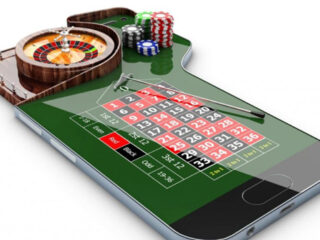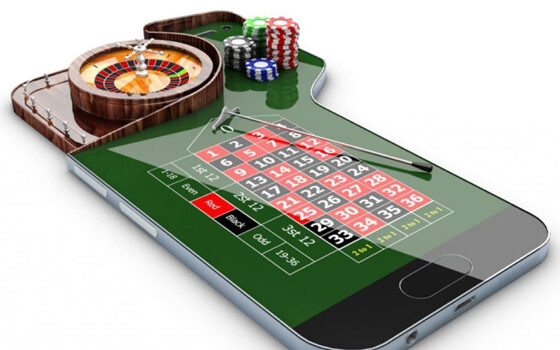Mobile games are a great way to have fun and pass the time. From puzzles and strategy games to Sudoku–they offer endless entertainment. However, hackers learned how to spoil the fun and steal your sensitive information while you’re enjoying the game. In this article, we’ll look into the ways you can get hacked via mobile games and the ways you can protect yourself from cybercriminals.
1. Malware-infested apps
Not all apps are safe. Many of them have glaring security issues. Downloading games from dodgy websites or piracy-based sources exposes your device to malware without you even realizing it.
Malicious software can run in the background of your phone, collecting all your personal information and starting with passwords and usernames. It can even gain access to your camera and microphone and record you without consent. Although it is an immense privacy violation, it’s more common than you think.
Unfortunately, these malicious apps can appear as legitimate ones and trick you into downloading them. Always check your sources!
2. Phishing scams
At this point, phishing might sound like an old threat, but it’s one of the most relevant scams out there. There were 300,497 phishing attacks reported to the FBI in 2022, and it’s expected to grow in 2023.
Hackers are becoming smarter: they can send in-game messages or emails that appear completely legitimate. They can pose as game developers or even hack one of your friends’ accounts and message you from their username.
You need to be extra careful of suspicious links that lead you to login pages or to payment platforms. These are, most of the time, phishing websites. Always double-check what people send you, and don’t click on weird links.
3. Insecure Wi-Fi connections
We’ve all connected to public Wi-Fi to use apps without having to spend more money on data, especially if we’re traveling or just on the go in our routines. 35% of people connect to public Wi-Fi three to four times a month.
Unfortunately, public Wi-Fi isn’t safe. You run the risk of becoming the easiest target for cybercriminals when you connect to them, as they can steal your data and gain access to your personal information through your gaming accounts.
To amp up your protection, you should use a Virtual Private Network or VPN while gaming in public spaces.
5. SIM hijacking
SIM hijacking is, unfortunately, another growing threat in the digital world. In this kind of attack, hackers gain access to all your information via your SIM card with a variety of techniques: they can convince you to transfer your phone number to a new SIM card that they won, for example.
Once they get your number, the two-factor authentication codes (usually one of the best ways to keep your information safe) don’t protect you anymore. They can take over your account and steal or sell your information.
6. Swatting and Doxing
Granted, both of these attacks are extreme, but sometimes things get heated in the chat. When people are fighting in a game, things can escalate to the point of swatting and/or doxxing. For some influencers, this has happened more than once.
Swatting is the practice of falsely reporting an emergency in your location. This prompts a SWAT team response, which can feel very violent and unexpected. On the other hand, doxing consists of revealing your personal information, like address and phone number.
Research shows us that 21% of Americans have experienced doxxing at least once. We’re talking about over 43 million victims of doxing here.
These actions are violent not only because your privacy is violated but because your physical safety is at risk. It’s essential to avoid fights in the gaming community. Don’t engage!
How to Keep your Gaming Experience Safe
Now that you know more about the potential threats you can find while mobile gaming, let’s dive into the things you can do to protect yourself against them:
- Download from official app stores: don’t download games without an official source to back its safety. Stores like Google Play or the Apple Store have security measures in place to protect your device.
- Don’t fall for phishing scams: although phishing can be done in very subtle ways, it’s easy to spot if you remember to be careful. Never accept unsolicited messages, especially those that contain links, and verify the authenticity of everything before clicking.
- Use a VPN when you connect to public Wi-Fi: enhance your safety when gaming on unsecured Wi-Fi with a VPN for games. This way, hackers won’t gain access to your information.
- Don’t overshare: in the digital world, keeping your personal information to yourself is necessary. Your full name and address should never be given away easily or to people you don’t know.
- Update your games: updates are often programmed to patch up security issues, so don’t forget to download them from official channels.
Conclusion
You should not be stressed when gaming; you should be enjoying yourself! So, it’s important to be aware of potential threats in hopes of avoiding them.
If you follow these tips and stay informed, you will be safe to play mobile games whenever you want. Happy gaming!


























